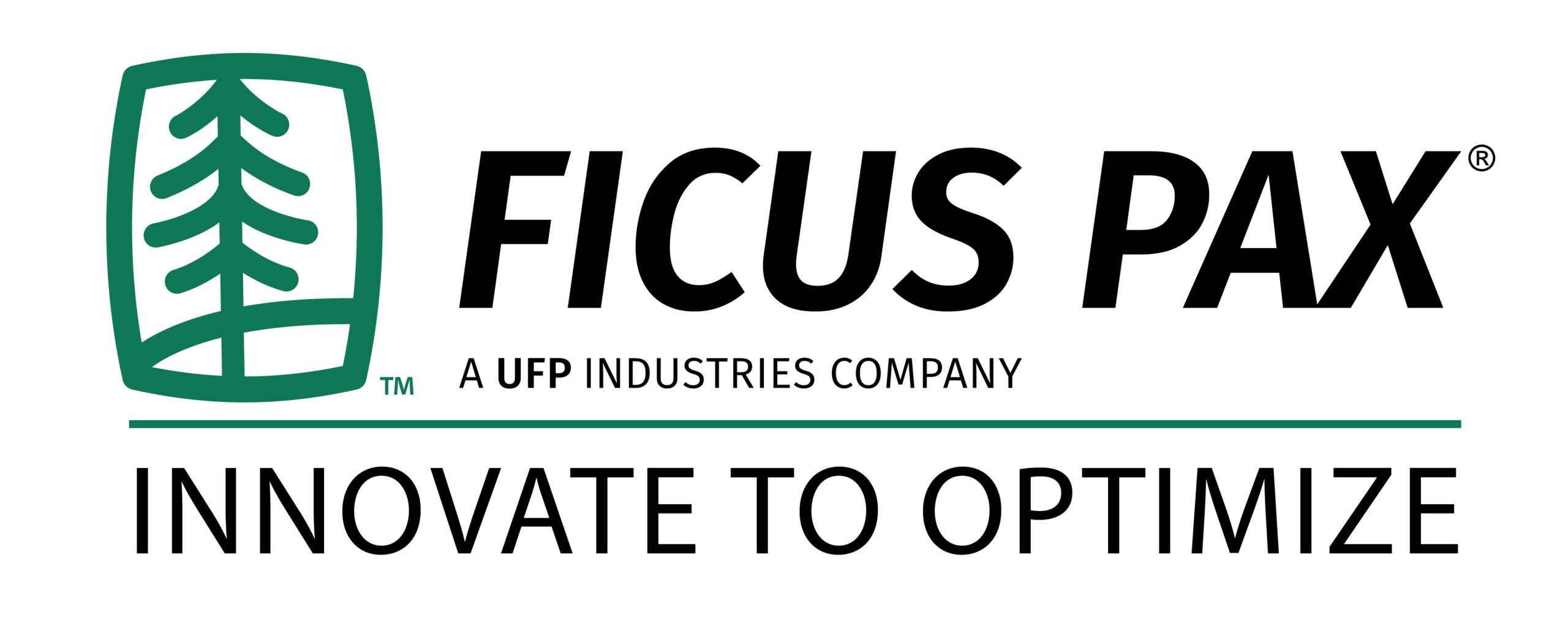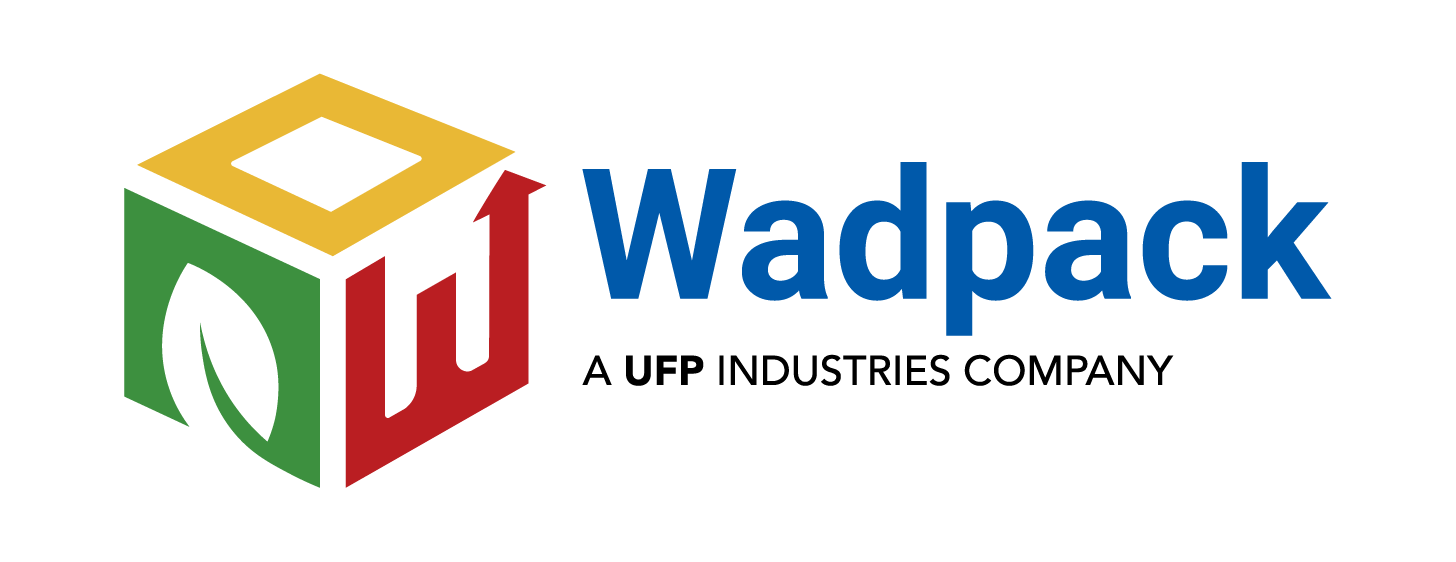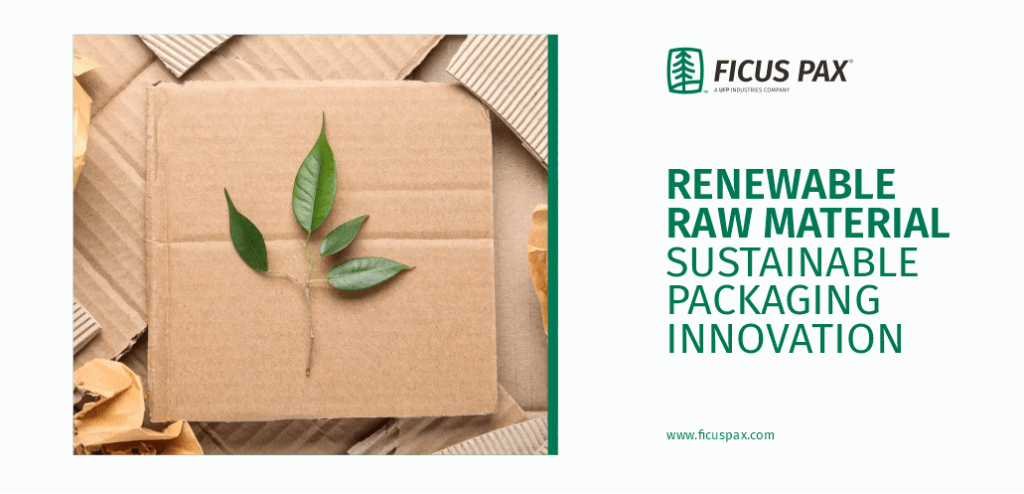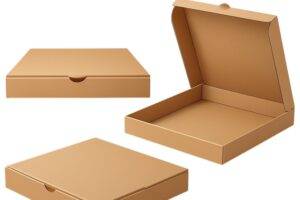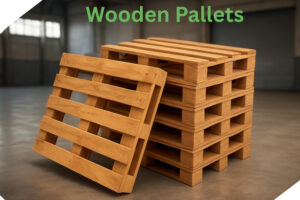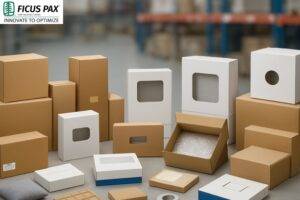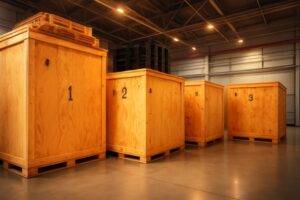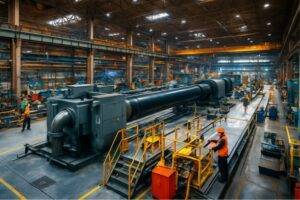Renewable Raw Material – A Path to Sustainable Packaging Innovation
Sustainable packaging is no longer a buzzword—it’s a commitment that both brands and consumers are embracing. With climate awareness on the rise, renewable packaging made from ecofriendly raw materials is leading the charge toward greener branding and conscious consumption.
Unlike finite conventional materials like plastic, renewable raw materials are naturally replenished resources that can be grown and restored in a short time. Their use in packaging isn’t just about going green—it’s about innovation, efficiency, and responsibility.
Why Renewable Packaging Matters Today
Most packaging still relies on plastic or cardboard because of their optimized supply chains. However, this model is unsustainable in the long term. The world is shifting its focus to renewable resources for packaging, aiming to replace traditional materials with innovative packaging materials that are biodegradable, recyclable, and low-impact.
Innovative Packaging Materials from Renewable Resources
Packaging experts have found exciting ways to pair renewable resources with technology and design. Here’s a look at how renewable raw material is transforming packaging:
Grass Paper: Fast-Growing and Flexible
Grass paper offers a green twist to cardboard packaging. It’s a highly renewable solution, harvestable multiple times a year, and suitable for various packaging sizes and formats. It also supports biodiversity by preserving habitats for insects like bees.
Cotton: Organic and Biodegradable
Ideal as a packaging insert, cotton is a soft yet strong material made from renewable raw materials. When organically grown, it’s entirely biodegradable and ecofriendly. It’s often used in jewelry packaging to prevent tarnishing and reduce plastic foam inserts.
Bamboo: Strong, Versatile, and Naturally Renewable
With its rapid growth rate and abundant supply, bamboo stands out as one of the best renewable resources for packaging. It’s biodegradable, chemical-free, and popular in food and personal care packaging due to its strength and versatility.
Milk Protein: Edible and Efficient Packaging
French innovation has led to packaging films made from milk protein, especially casein. These films are edible, water-soluble, and provide an oxygen barrier five hundred times stronger than conventional plastic—ideal for food storage. Plus, they compost in just 18 days.
Algae: Edible Packaging That Disappears Naturally
Startups like Notpla are creating algae-based containers that serve as edible drink holders. Used in events like the London Marathon, these biodegradable packages mimic the feel of fruit skins and offer a truly sustainable packaging innovation.
Mushroom Mycelium: Biodegradable Molded Packaging
Made by growing mushroom mycelium around agricultural waste, this packaging alternative is biodegradable and composts in 45 days. It’s perfect for fragile products and offers and water resistance—proving sustainability doesn’t mean sacrificing performance.
A Sustainable Future Demands Ethical Innovation
While many of these renewable solutions aren’t yet mass-produced due to technical or financial barriers, they symbolize a more sustainable direction for packaging. However, innovation should never come at the cost of ethics. Sustainable materials should not endanger rainforests, and wood-based packaging must come from responsibly managed forests.
Get in Touch with Ficus Pax
Looking for secure, high-performance aerospace packaging?
📞 Speak to our packaging specialists for expert guidance
📧 Request a consultation tailored to your requirements
At Ficus Pax, we believe sustainable packaging innovation must balance eco-impact with functionality and ethics. Our commitment to renewable packaging solutions tailored designs that meet your product needs without harming the planet.
